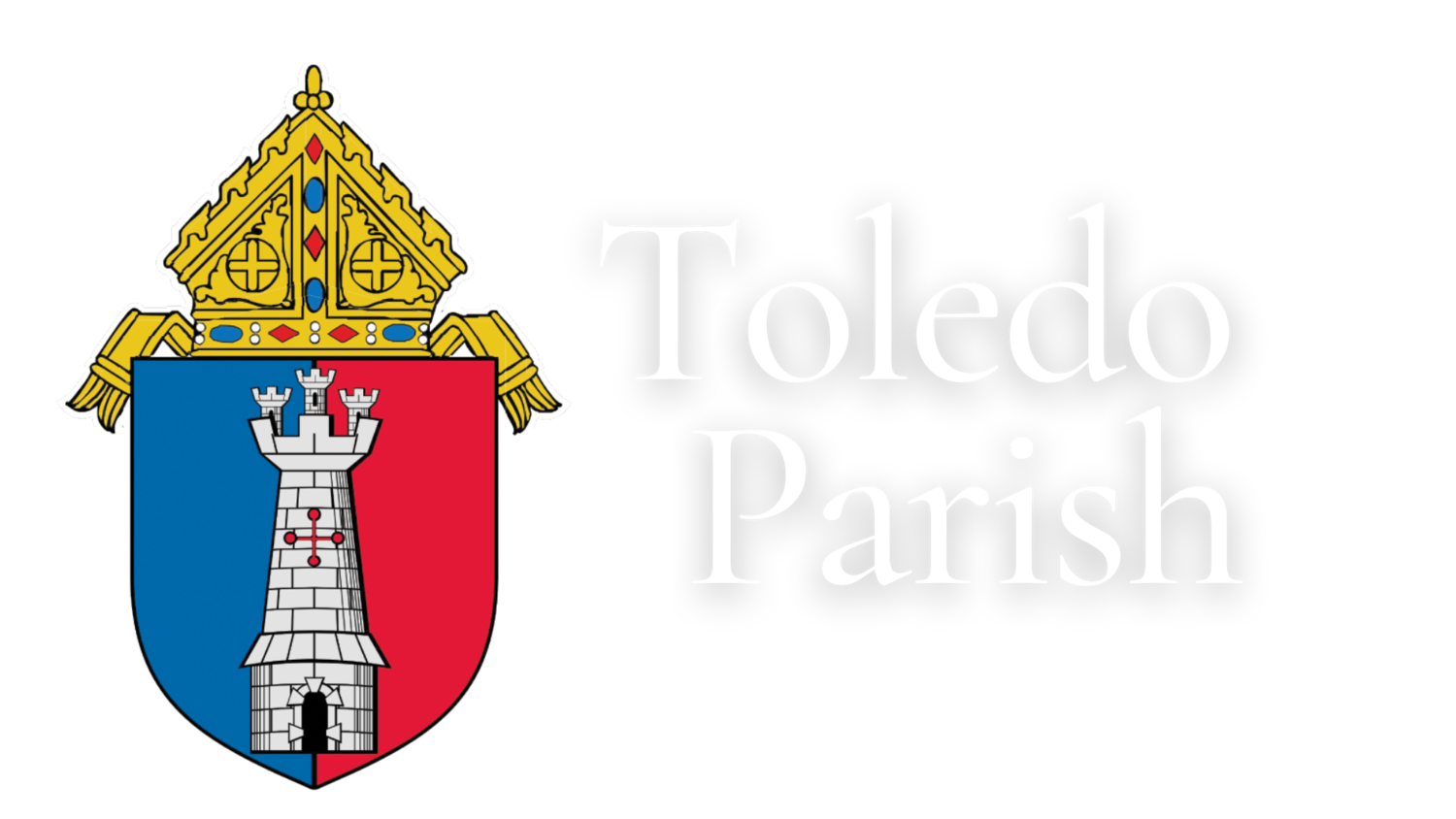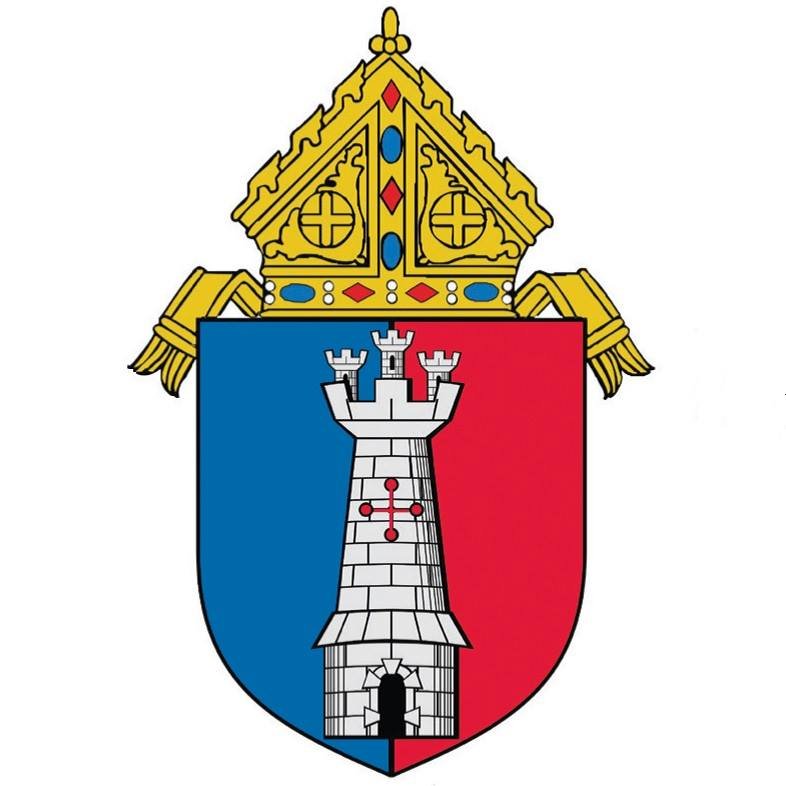Catechesis
Human Dignity & Gender-Related Matters
VIDEO CATECHESIS
WRITTEN CATECHESIS
You can read the Catechesis below or download as a .pdf or .docx
The Catholic Church has always and everywhere affirmed her belief that each and every human being is created in the image and likeness of God. As such, every person deserves respect, dignity, and freedom from discrimination. Indeed, there is an inescapable duty to make ourselves the neighbor of all people, no matter who they are[1]. Further, the Church is obligated to pass on to every generation all that she has received from Jesus Christ, her divine founder, especially as it relates to our understanding of the human person in these present times.
The witness of Sacred Scripture is clear: God created human beings male and female (Gen 1:27). From the dawn of creation as depicted in the Book of Genesis to the closing pages of the Apocalypse, Scripture presents the human race as consisting of only two (2) sexes. Both sexes, male and female, are created in the image of God and are equal in dignity and destiny (Gen 2:21-24). God created Adam and Eve out of love and for love. One’s gender is therefore determined by one’s biological sex.
The entirety of divinely inspired Scripture affirms the male and female forms of human nature as reality. They are not mere cultural phenomena or subjective constructs. Although wounded by the entrance of sin into human experience and its far-reaching effects on our bodily nature, man and woman continue to image God in both their uniqueness and complementarity. Scripture is clear on the necessity of respecting God’s order and commands for human beings to experience the fullness of life he intends.
As articulated by Pope Francis, the clear and constant moral teachings of the Catholic Church have always envisioned a connection between our highest human happiness and our willingness to embrace the biological sex given us at birth[2]. Our bodies teach us profound truths about ourselves and our purpose in life. Our bodies signify that we are called to and gifted for relationships that are complementary in nature, open to new life, and destined for eternal happiness and joy. Our bodies are God-given means of deepening our human generosity and communion with both God and each other.
Pope Saint John Paul II affirmed in his teaching known as the Theology of the Body that in our given biological complementarity, as distinctly male and female, God clearly intended us to live in loving communion with him and with each other. Through mutual self-giving and interdependence, he invites us to share in his own act of creation, as well as his own eternal happiness and joy. Therefore, our God-given maleness and femaleness clearly make visible our calling to love and co-create with God in bringing new life into the world. This is what Pope Saint John Paul II called the “sacramentality of the body.” Our bodies are “icons” that reveal the deepest essence of who we are in the moral, spiritual, emotional, and physical dimensions of life.
Catholic teachings envision biological sex as neither a politically defined nor socially constructed reality. It is an objective reality, a cornerstone of our createdness, and an invitation to enter joyfully and generously into what we believe to be the central mystery of the Christian faith, namely, that God is himself an eternal exchange of love emanating from the love shared between the Father, Son and Holy Spirit (cf. CCC 221).
The Catholic Church recognizes that there is much confusion regarding human sexuality and gender in today’s society. Knowing that this confusion touches the lives of many people very personally, the Catholic Church is committed to walking with each individual on the path towards a more integral understanding of their human dignity and their unique vocation in the Creator’s plan for salvation history.
[1] Gaudium et Spes 27.
[2] Pope Francis. Amoris Laetitia 285.

